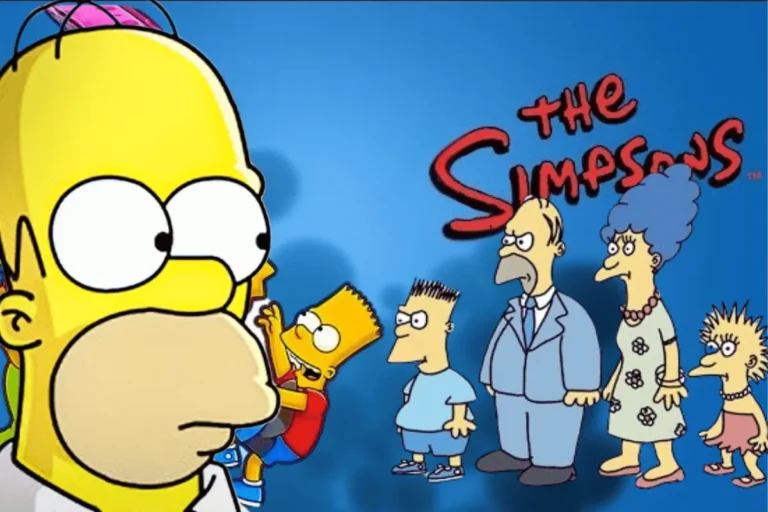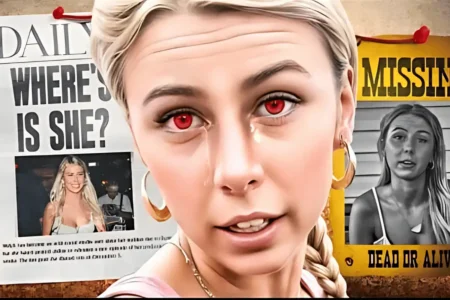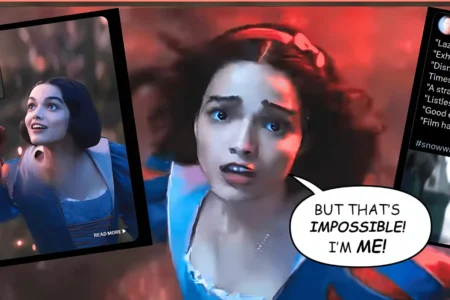Did you know that The Simpsons has been around since 1989? Yeah, that’s right—longer than some TikTokers have been alive. But this isn’t just some animated sitcom. It’s the cultural blueprint of American television, packed with satirical humor, unforgettable characters, and some major television controversies along the way. Whether you grew up quoting Bart or you’re just here because of those creepy accurate Simpsons predictions, this deep dive has something for everyone.
1. The Origins of The Simpsons
1.1 The Creator: Matt Groening
Picture this: Portland, Oregon, 1954. A kid named Matt Groening is growing up, surrounded by a creative family. His dad was a cartoonist—basically, drawing memes before the internet existed. Matt’s big break? A comic strip called Life in Hell, where he hilariously tackled American life. Little did he know, this comic would pave the way for what would become the most iconic animated series in history.
1.2 The Transition to Television
Fast forward to 1987—Groening gets a call from James L. Brooks (big TV guy). The mission? Create animated shorts for The Tracey Ullman Show. Skeptics doubted it, but The Simpsons won the crowd. By December 17, 1989, the first full-length episode aired—and boom! 27 million viewers tuned in. That’s basically the entire population of Australia. The rest? Television history.
2. The Characters of The Simpsons
2.1 The Simpson Family
Let’s talk about the real stars:
- Homer Simpson: Your favorite doughnut-loving dad who can somehow mess up everything and still be lovable.
- Marge Simpson: The woman with the tallest blue hair on TV—and a patience level we should all aspire to.
- Bart Simpson: The mischief king with a skateboard and a catchphrase: “Eat my shorts!”
- Lisa Simpson: The intellectual icon who tried telling us about climate change before it was trendy.
- Maggie Simpson: The baby who doesn’t talk but somehow says more with a pacifier than most people do with words.
2.2 Supporting Characters
Let’s not forget Springfield’s finest:
- Mr. Burns: Basically the walking definition of a corrupt billionaire.
- Ned Flanders: Your too-nice neighbor who definitely prays for your soul.
- Plus, there’s Moe, Krusty, and Apu—each adding layers to the cultural impact of this animated series.
3. Cultural Impact and Popularity
3.1 The Bartman Phenomenon
“Do the Bartman”—yep, Bart had his own song. In the early ’90s, Bart was the merch king, appearing on everything from lunchboxes to skateboards. But over time, Homer’s dumb but lovable charm took over. And honestly, who can blame him?
3.2 Social Commentary
Here’s where things get deep. The Simpsons isn’t just about jokes; it’s a mirror to society. With bold takes on politics, education, and family drama, this show has made people laugh and think for over three decades. Honestly, it’s satire done right—and that’s why it remains a cultural powerhouse.
4. Controversies Surrounding The Simpsons
4.1 Censorship and Bans
What’s a long-running show without a little drama? Some episodes got banned in Brazil and Japan—all thanks to cultural portrayals that didn’t land well. Plus, conservative groups raised eyebrows over “adult themes” that, frankly, flew right over kids’ heads. Television controversies? The Simpsons wrote the book on them.
4.2 The Apu Controversy
This one hit hard. Apu Nahasapeemapetilon—Springfield’s favorite convenience store owner—became the face of a major media representation issue. By 2020, amid calls for better representation in media, Apu’s character was retired. The conversation? Far from over.
5. The Evolution of The Simpsons
5.1 Changes in Production and Writing
Ever noticed how Ned Flanders went from a chill neighbor to a hyper-religious stereotype? Fans call this “Flanderization“—when characters lose their complexity for easy laughs. It’s a whole thing. Critics say the show isn’t what it used to be, but hey, 32+ seasons later, it’s still here. So, who’s really complaining?
5.2 The Influence of Disney
Plot twist: The Simpsons is now part of Disney. When Disney acquired Fox in 2019, fans feared the show’s edgy humor would get the Disney-filter treatment. Surprisingly? It didn’t. The show’s still dishing out satire and even pokes fun at its new mouse overlords from time to time.
6. The Lasting Legacy of The Simpsons
6.1 Awards and Recognition
With 34 Annie Awards, a star on the Hollywood Walk of Fame, and shoutouts from shows like Family Guy and South Park, The Simpsons is basically the Beyoncé of animation. No big deal.
6.2 Predictions and Cultural References
Let’s be real—The Simpsons predicting the future is its own genre. Remember when they called Donald Trump’s presidency? Or that time they predicted smartwatches? Honestly, someone needs to check the writers’ time machines.
Conclusion
After all these years, The Simpsons proves that animation isn’t just for kids. With its perfect blend of comedy, satire, and sharp cultural commentary, it’s not just a show—it’s a cultural institution. Love it or criticize it, you can’t deny its impact on television and beyond. Who knows what The Simpsons will predict next? Maybe this article.
✨ The End. Or as Homer would say: “Mmm… donuts.”







